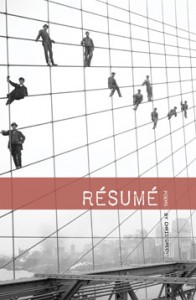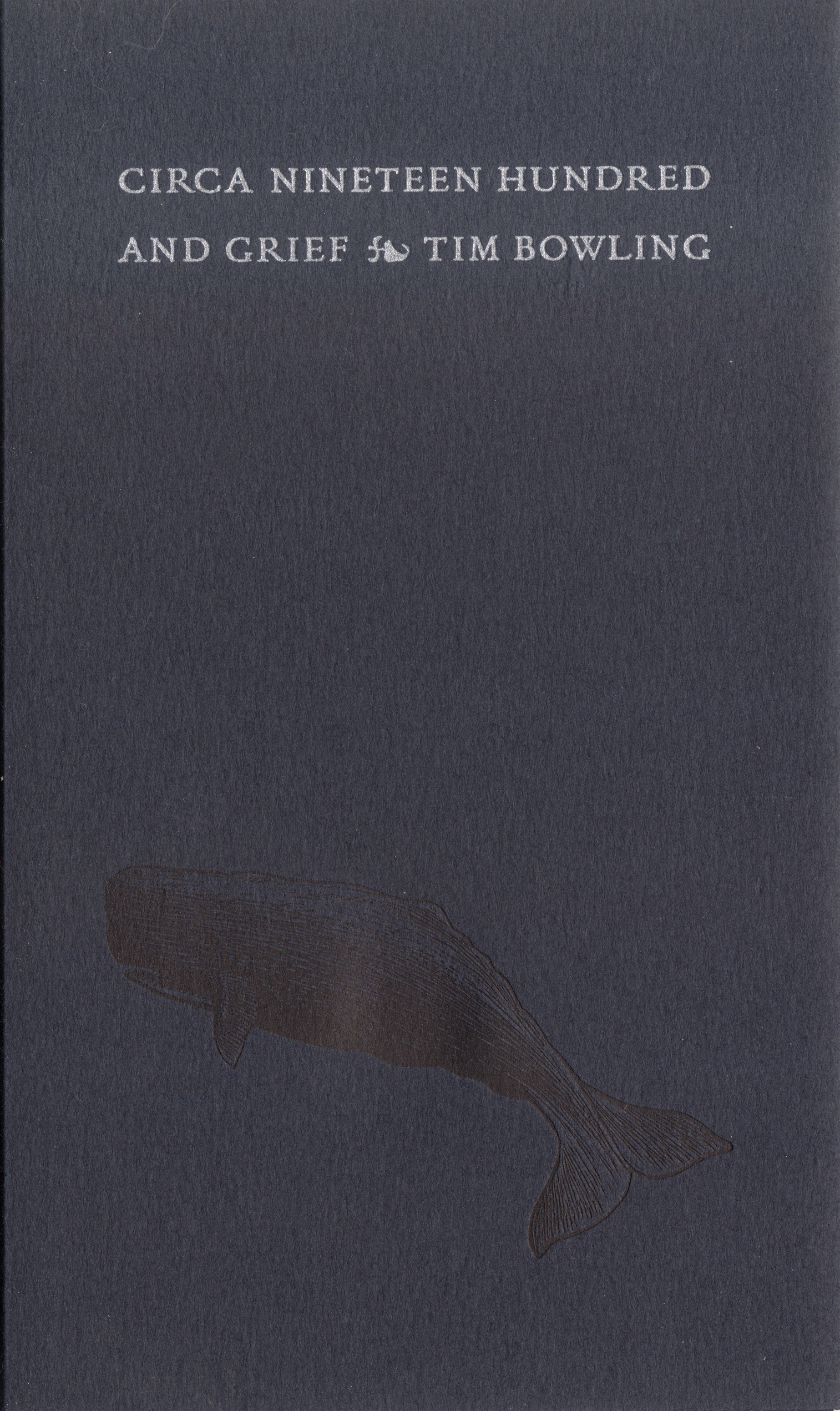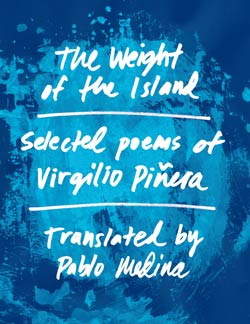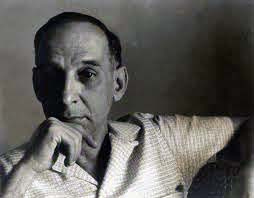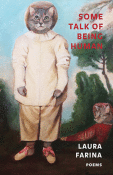Resume. Chris Green. Mayapple Press. Woodstock, N.Y. 2015.
Today's book of poetry is tickled pink to be back in the saddle after our sojourn to the south. Luckily I took a herd of fine books of poetry with me.
Today, Today's book of poetry is looking at Resume by Chris Green.
Resume is all about jobs, work and the world that demands that of us.
I'm not saying Chris Green is a genius, I don't know the man, but these are wizard smart poems.
They crack like the fast end of a bullwhip.
These poems are alive with dark humour and profound wit. And knowing, Chris Green knows stuff, he knows the emotional toll paid by those that toil.
Janitorial Ode
Each month a new motivational
poster above the urinals:
nature scenes with slogans like
DARE TO SOAR. Management
trying to love us.
But someone was taking dumps
in the locker room shower.
A kind of protest. My job:
to muck out the message.
A typical day, I hardly said
anything to anyone
except Henry, the machinist
prophet, who always took
the short view: she's fuckable,
she's fuckable, she's
definitely fuckable.
In the factory, sex worked
like a machine's heavy
breathing -- obvious as the absence
of windows. Tom and Bill were lovers
who had the same small job:
pushing a rod. They wore too-short
denim cut-offs, tube socks,
shirts tails tied into halter tops.
Tom would call ooohhh baby,
snatch at my ass when I mopped.
I wanted Michelle, the opposite
of a rich girl, braless, up to
her elbows in toxic acetone
(lunch time, I'd grind into my
writing hand, a kind of one-armed
violence until I'd explode).
then during the full heat of noon
I'd eat on the bank of a drainage
canal. I was young, lying
in the sweet ditch grass, my feelings
buried deep, deep. I didn't
want to admit it, but I was
heading straight to the bottom.
As if to prophesy, one day
a whole swollen deer floated by.
...
Boy, oh boy! Resume is that rare book of poetry where there are no extra poems, no floaters. Every one of these suckers is essential to this collection and hot as a fired pistol.
These are all good poems, there are several I might even call great -- or at the very least, very, very good.
Mr. Green is diabolically beautiful almost every time he opens his mouth.
These poems had the staff here at Today's book of poetry screaming out loud and almost coming to blows to see who would read the next one out loud.
Amy Gerstler mentions Studs Terkel when she talks about Chris Green's Resume and she is right. Studs Terkel's Working is an encyclopedic look at the heart and calloused hands of working America. Resume, although slight in pages in comparison, packs the same modern punch. His contemporary voice is a take on the same territory -- but it is a take informed by the journalism of Hunter S. Thompson, the poetry of everyone from Auden to Bukowski. Green has his finger on the modern and sometime macabre world as though he were a puppet maker, the rest of us puppets.
Aviary Security
The Tracy Aviary in Liberty Park:
birds in their undress--
redheads, goatsuckers, Lucifer hummingbirds, rough-legged hawks.
And peacocks in blue-fire skirts.
You can't choose what you do. I was young. full
of fear. Birds barred from the sky
appealed to my sense of remoteness.
Then, as if a dark dream--
I caught a man raping a peacock.
Not mythic
like Leda and the swan, this was Salt Lake City,
a place where people swallow impossible plots:
Jesus appeared in America
after his resurrection and strong-armed natives
to make us a heaven of Mormon men.
The great fan of color
and the man, a squalid Yeatsian
thrusting through an emerald field, a burning wall.
He was moaning
like an idiot, kneeling like he was praying.
The inconceivableness.
The long blackness of the peacock's glance.
I dragged the man through the aviary. It made no difference.
The poor dead bird and the man never cured.
...
These dark and dense poems crackle with heartbreaking humanity, they grab the reader on the first page and thrash the crap out of him/her.
Read six lines of a poem by Green to my wife yesterday. She is still talking about it. In a good way. And she is aces.
Green seems to have a sensibility similar to a more literary Bukowski, but perhaps subtler, Green will still blow your head off, you just don't see it coming in quite the same way.
Loss Specialist, American Express
That morning Republican Sonny Bono
called and said, "Fuck!" no Gold Card;
needed some big dumb diamonds.
Otherwise, the day was drear...infinite hours
on a tiny salary in a gray sea.
I was reading a poem by Auden,
something bleak to stay awake.
My Mormon boss yelled, "Heck!"
His ex-wife appeared in full rage,
stopped everything, screamed, "Oh you know why!"
She yelled and yelled--
gripped their daughter's hand.
My boss stayed where he was, stared
as if at a precipice...
He began to cry.
We all waited and wondered
at their anguish.
The daughter,
spiraling, terrible. I understood:
family awkward implausible. Later on,
no one comforted him. He had his own heaven.
And I returned to Auden.
...
If you can, find and read this book. Then go searching for anything else by Chris Green, I know I will be.
Chris Green
ABOUT THE AUTHOR
Chris Green is the author of three books of poetry: “The Sky Over Walgreens”, “Epiphany School”, and “Résumé”. His poetry has appeared in such publications as Poetry, New York Times, New Letters, Verse, Nimrod, and Black Clock. He’s edited four anthologies, including “Brute Neighbors: Urban Nature Poetry, Prose & Photography”, and the forthcoming “I Remember: A Poem by Chicago Veterans of War”. He founded LitCity (www.litcity312.com), a comprehensive literary site for Chicago. He teaches in the English Department at DePaul University. www.chrisgreenpoetry.com
BLURBS
This a wonderful cycle of poems. As Studs Terkel once wrote, “Work is about a search for daily meaning as well as daily bread, for recognition as well as cash, for astonishment rather than torpor; in short, for a sort of life rather than a Monday through Friday sort of dying.” Through the vehicle of various jobs, roles, labors, and employments–manual, artistic, emotional, literary, familial, etc.–Chris Green gives us a lyric tour of human complexity, oddity, behavior and occupation. He has a novelist’s powers of observation. Résumé is full of humility, wit, smarts and heart, and all kinds of quiet astonishment. Studs would have loved it.
—Amy Gerstler
These clear-eyed yet inventive poems about work offer a hard-won wisdom that lifts us above suffering to understanding. Green’s is a marvelously spare and colloquial voice with the kind of detail that cherishes and transforms our lives, that compels us with the authority of experience. His material is his own and others’ brutal and toxic jobs, which in the hands of such a skillful poet, provide a vision that reaches beyond the subject to his spare but complex epiphanies.
— Christopher Buckley
— Christopher Buckley
Working odd jobs going nowhere, the fear of futility, the problem of money, the uncertainty of life—such are the burdens of youth. In Résumé, Chris Green resurrects and transforms such lost periods of life. He sees that every job teaches, affirms that even the lowliest job is a step. Résumé is not merely a record of employment— it is art employed so that human dignity can be redeemed through understanding and wisdom.
— Richard Jones
Chris Green
reading his poem, "Deer Sonnets"
video courtesy: jonnymess
321
Poems cited here are assumed to be under copyright by the poet and/or publisher. They are shown here for publicity and review purposes. For any other kind of re-use of these poems, please contact the listed publishers for permission.
